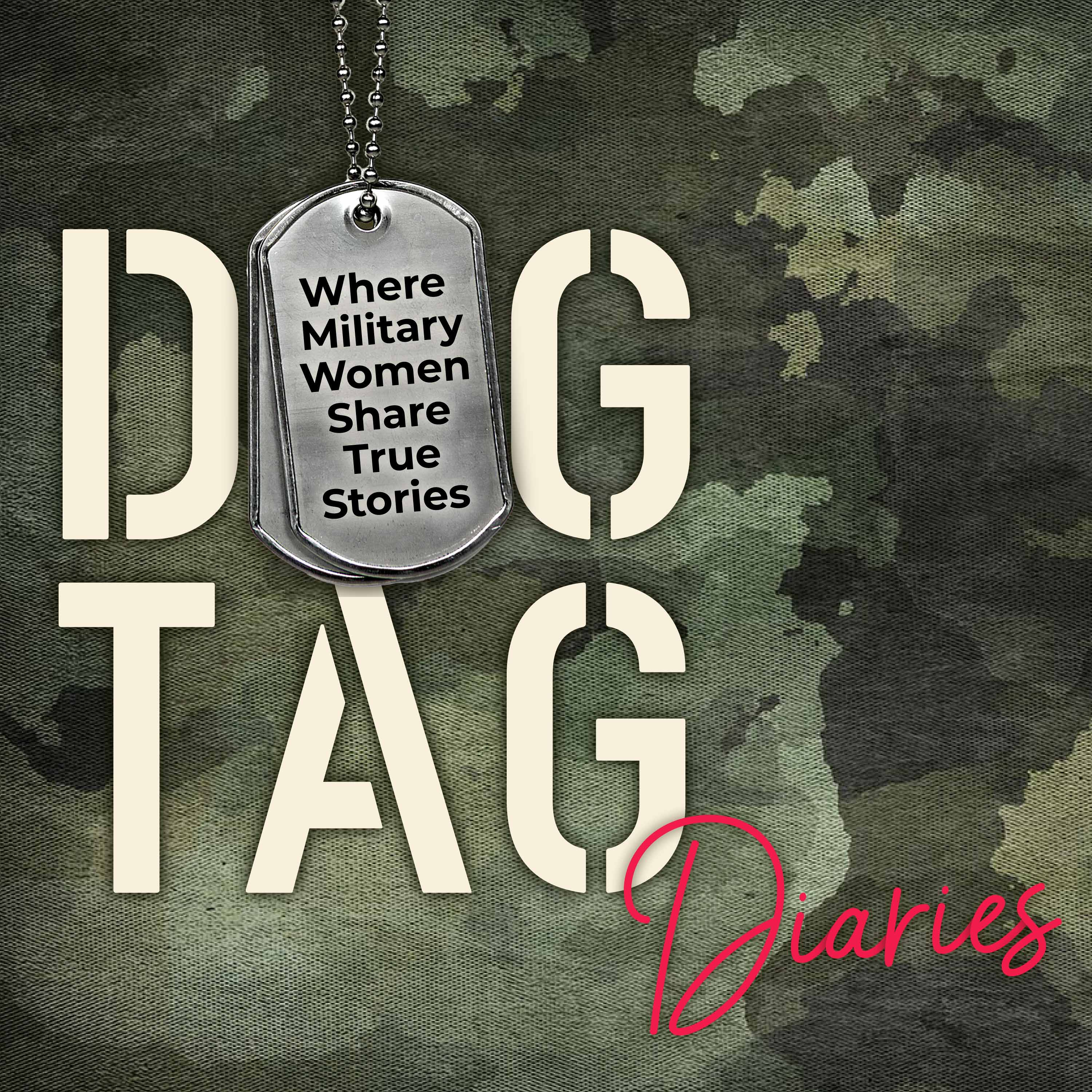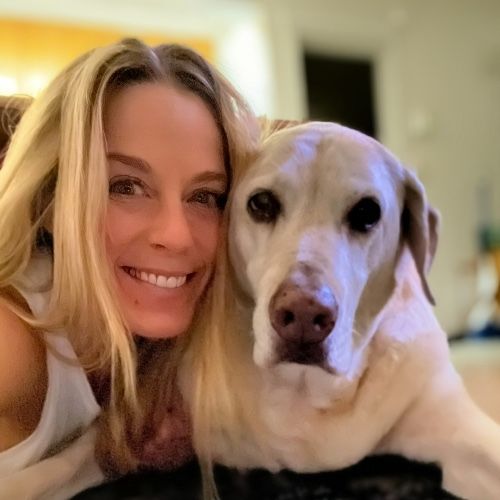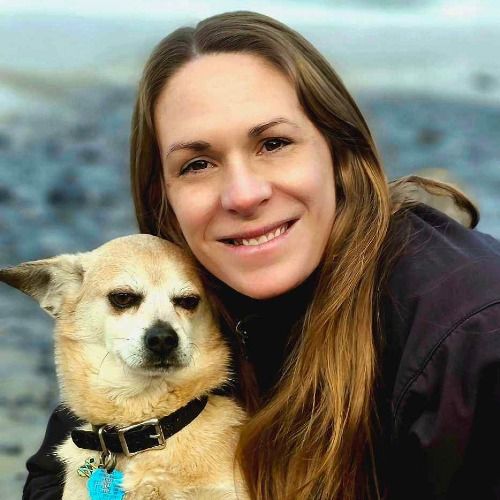Breaking Barriers in Uniform: Lessons in Leadership from LTC Jessica Dunn -46
Step into the world of Lieutenant Colonel Jessica Dunn, a trailblazing leader whose military journey spans two branches, two wars, and countless barriers broken. In Episode 46 of Dog Tag Diaries, Jessica pulls back the curtain on the realities of being a woman in uniform during a time when the system was built for someone else. From her days as the Coast Guard’s first female swimmer on Cutter Sherman to commanding convoys in Iraq, she dishes on everything from ill-fitting body armor to taboo conversations about women’s needs in combat zones. Curious about how women navigated leadership, policy gaps, and being outnumbered in high-stress environments? Jessica shares how advocating for representation, mentorship, and candid conversation shaped her path—and why these issues still matter today. Press play for a candid, inspiring look inside military resilience, gender equality, and finding your tribe after service.
Jessica currently serves as the Texas State University (TXST) President for the Veterans Alliance of Texas State (VATS). She cares deeply about Veterans, service, and creating a community for Veteran students, staff, and community Veterans. Jessica also joined the military to serve and has chosen to continue serving her community ever since. She served for 21 years in the military, beginning her career as an Enlisted Service Member in the U.S. Coast Guard on board the USCG Sherman before pivoting to the Army prior to 9/11. She retired from the Army as a U.S. Army Logistics Lieutenant Colonel, having served in the 41st Infantry Brigade Combat Team in Iraq as a Convoy Security Company Commander.
Jessica is married to a fellow service member with 25 years of service. Her family has a deep history of military service: her grandfather was a POW in the Great Raid, her father is a Vietnam Veteran, her brother and nephew have also served, and her children have endured the challenges of moving frequently. She lives with a disability resulting from her Iraq deployment, which she openly shares to encourage others to seek VA assistance. Tragically, Jessica has lost comrades to suicide, a reality that fuels her ongoing advocacy. She is a member of multiple Veteran organizations, including the Military Officers Association of America (MOAA), where she contributes to legislative efforts supporting the military community.
Jessica holds a B.S. in speech communications, and a master's in business administration. She is pursuing a Ph.D. in Adult, Professional, and Community Education, APCE, from Texas State University. She is enthusiastic about Veteran initiatives, and you will find her involved throughout the campus, Texas, and in Washington D.C. in supporting Veterans.
The list goes on how we share our experiences, sacrifices, and have mutual understanding. Know that I respect you, Veterans, for facing your challenges and pressing on. I look forward to working with Veterans and creating a shared vision for our future.
Connect with Jessica:
🔗 LinkedIn: jessica dunn
🌐 Website: jive-ojs-txstate.tdl.org/jive/index
📚 Interested in research on women Veterans? Jessica invites collaboration with fellow women who’ve served.
Kim Liszka served in the United States Army/Reserves as a Combat Medic, Combat Nurse, Flight Nurse Instructor and one of the Top Female athletes in the Army. Kim worked 20+ years as an ER nurse and decided to explore the world as a travel nurse. She's an Advanced Wilderness Expedition Provider and Chief Medical Officer for numerous endurance/survival expeditions in different countries. Kim has a son, Jace and a daughter in law, Sammy and 2 grand animals, Joey & Bear. Her dog Camo is her best buddy. Camo is the sweetest yellow Labrador Retriever to walk this earth. He loves licking snow, riding the ocean waves, visiting carnivore food trucks and loves belly rubs and treats. Fun Facts: Kim's lived in the Reality TV World! Fear Factor, American Ninja Warrior-Military Edition, American Tarzan, Spartan Namibia and more to come!
Be sure to follow or subscribe to Dog Tag Diaries wherever you listen to podcasts.
Learn more about Reveille and Retreat Project:
Instagram: @reveilleandretreatproject
Facebook: Reveille and Retreat Project
You aren’t alone.
If you’re thinking about hurting yourself or having thoughts of suicide contact the
Veteran crisis line: Dial 988 then press 1, chat online, or text 838255.
Transcript
We typically make our podcast transcripts available for accessibility. It was requested that this episode transcript not be posted. If you have a specific need related to accessibility, please feel free to reach out to us at connect@37by27.com.




